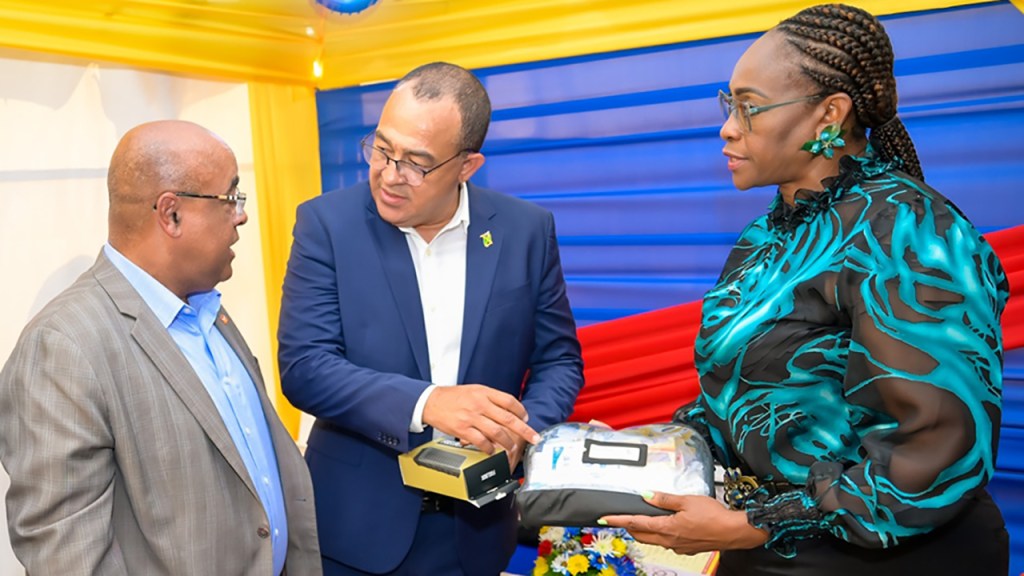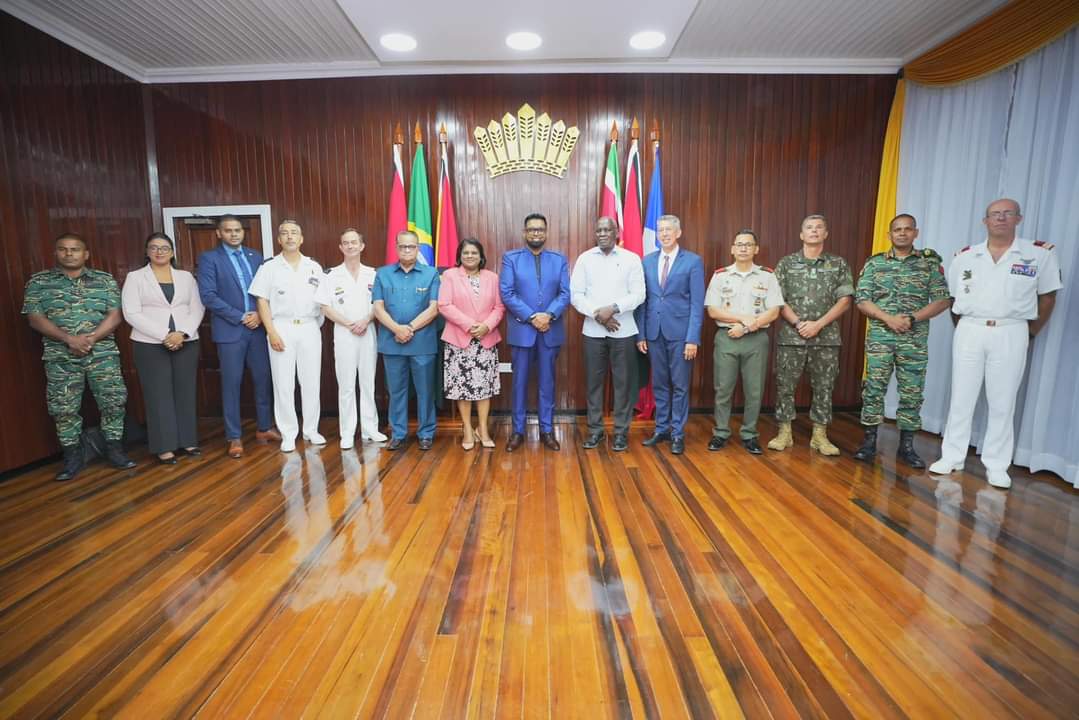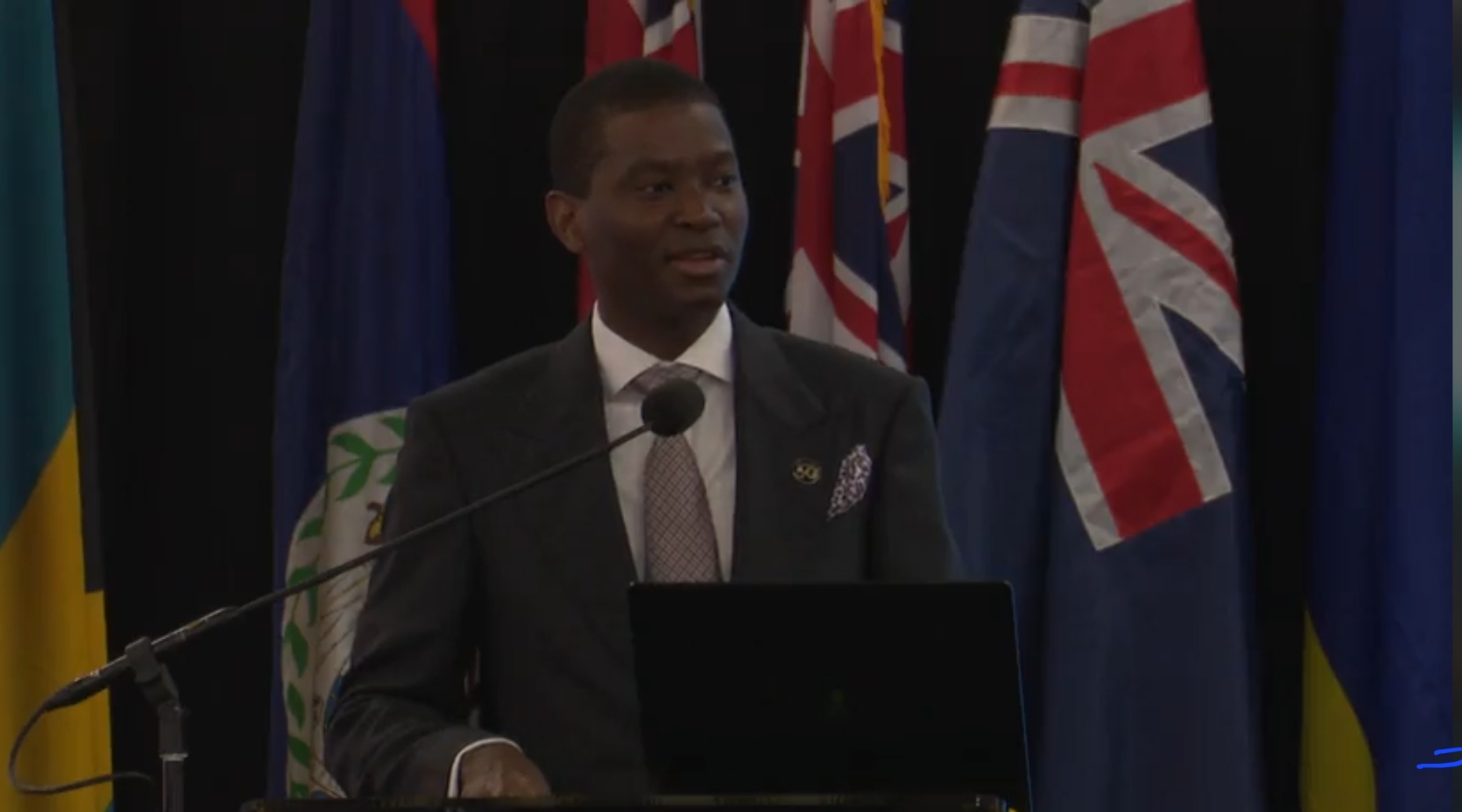Caribbean News
Parents urged to protect girls through HPV vaccine
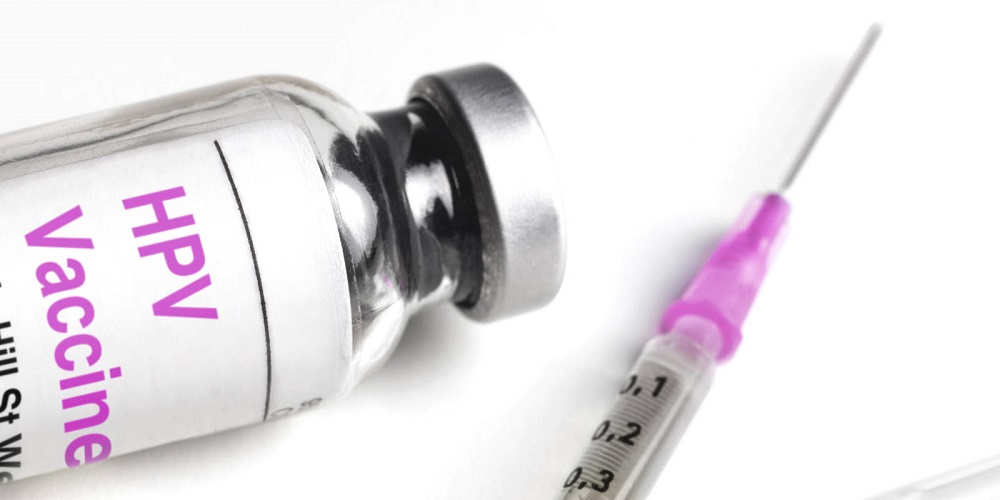
Caribbean News
Jamaican gets multi-million dollar grant to enhance resilience
Caribbean News
Guyana, Suriname and French Guiana sign security agreement
Caribbean News
Grenada Prime Minister says there needs to be greater focus on coral health in the region’s universities.
-
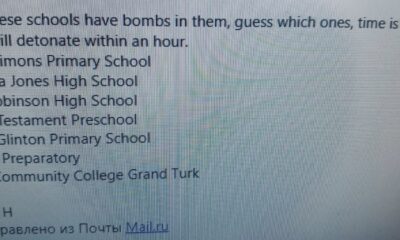
 TCI News2 days ago
TCI News2 days agoBomb Threat No 6. In TEN days
-
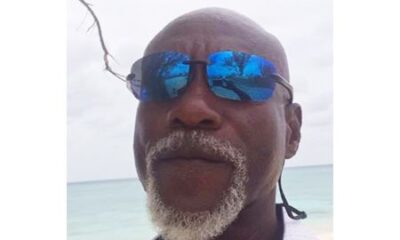
 Crime6 days ago
Crime6 days agoUnlocking Perspectives: Serious Tourist Incidents unveiled in TCI
-
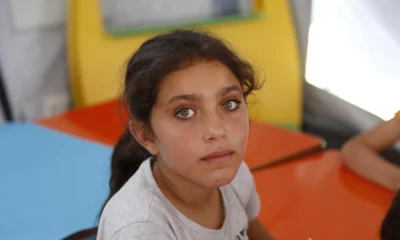
 TCI News6 days ago
TCI News6 days agoRegional SDGs Update; 22% to be reached by 2030
-

 Bahamas News5 days ago
Bahamas News5 days agoRBC appoints new Country Manager and Area Vice President for Turks & Caicos
-
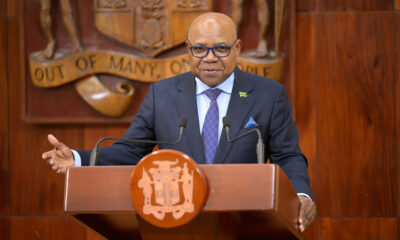
 Caribbean News5 days ago
Caribbean News5 days agoVISITOR ARRIVALS NOT NEGATIVELY AFFECTED BY TRAVEL ADVISORIES KINGSTON, May 1 (JIS):
-

 Bahamas News6 days ago
Bahamas News6 days agoCIBC Caribbean announces the closure of Bay Street Branch
-
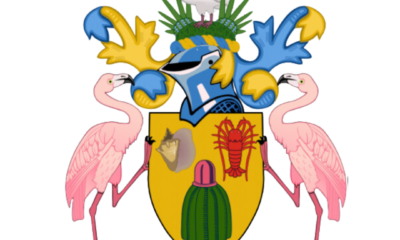
 Bahamas News4 days ago
Bahamas News4 days agoBahamas economic growth
-

 News6 days ago
News6 days agoFamily of 16 yo Tourist claims negligence in jet ski death; TCI Coroner’s Court hearing evidence

